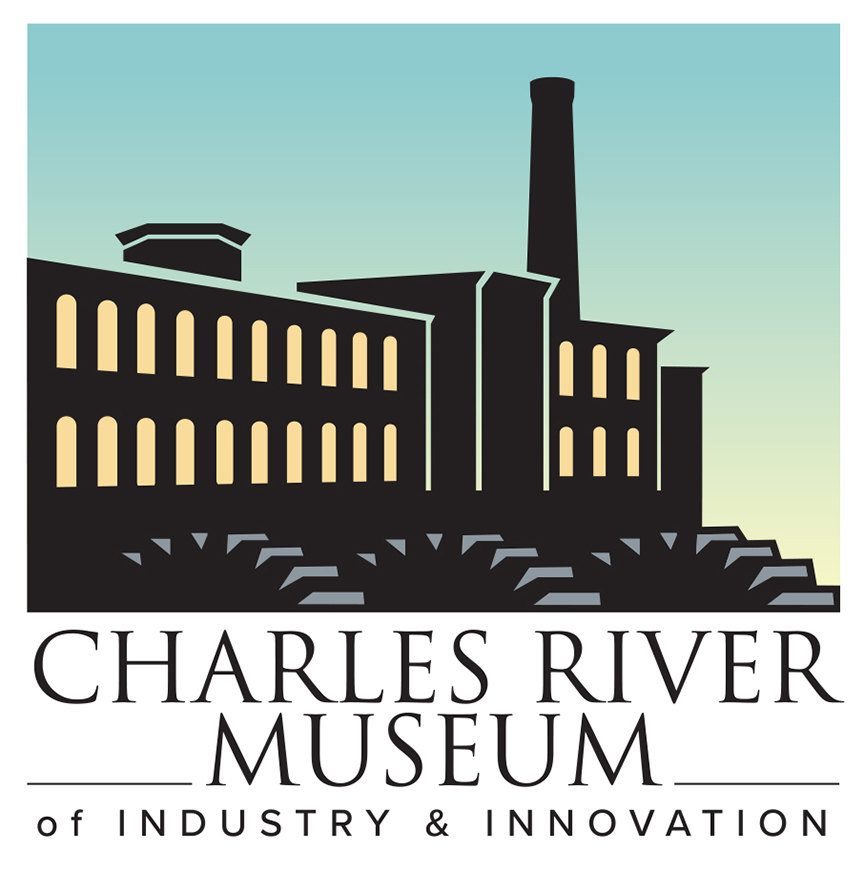
Lowell Lecture
MILL TALK: Racing Against the Odds - Major Taylor & the Golden Age of Cycling
Date & Time
Oct. 16, 2024 at 7 p.m. - 8 p.m.
Location
Charles River Museum of Industry and Innovation
Located in the Historic Francis Cabot Lowell Mill
Park in the Embassy Theatre Lot — GPS "42 Cooper Street, Waltham"
154 Moody Street Waltham, MA 02453
Driving Directions
Speaker(s)
Todd Balf writes for the New York Times, Los Angeles Times, and others, and is the author of several books including this summer’s “Three Kings” and “Major: A Black Athlete, a White Era, and the Fight to be the World’s Fastest Human Being.” He is an enthusiastic advocate for cycling and accessibility.
Major: A Black Athlete, a White Era, and the Fight to Be the World's Fastest Human Being by Todd Balf tells the riveting and inspiring story of Major Taylor, an African American cyclist who defied the odds in the late 19th and early 20th centuries. Amidst the deeply segregated society of his time, Taylor rose to become the world’s fastest cyclist and a global sports icon. Balf’s meticulously researched book not only captures Taylor’s athletic prowess but also highlights his struggles against racial prejudice and personal battles. This powerful narrative sheds light on a groundbreaking figure whose legacy transcends sports, symbolizing resilience and the fight for equality in a racially divided world.
MAJOR: The story of Worcester’s world champion cyclist Marshall “Major” Taylor and the race to build the world’s fastest bike
Presenting Organization
Charles River Museum of Industry and Innovation
Topics
Contact
Bob Perry (director@charlesrivermuseum.org, 7812168723)
Join the Charles River Museum for an inspiring look at the life and times of Major Taylor, one of the most consequential athletes in American sports history.
Taylor was racing on the national and international stage at a time when the US was deeply segregated. He combatted both racial prejudice and systemic barriers to triumph as the ‘world’s fastest man.’ The legendary African American cyclist and the Charles Metz Company of Waltham were deeply intertwined through the golden age of bicycle racing and innovation. Taylor raced on Metz's "Orient" bicycles, and his sprinting ability and speed on the lightweight Orient bikes brought him national fame during the rise of cycling as a competitive sport in America.
However, as the 20th century progressed, the bicycle industry began to decline, largely due to the rise of automobiles. Charles Metz himself shifted his focus from bicycles to cars, founding the Metz Company in 1909, marking the end of an era for Waltham's bicycle production. Still, Taylor’s triumphs in the face of racial adversity remain a lasting legacy of both his own perseverance and the innovations of the Waltham-based Metz Company.